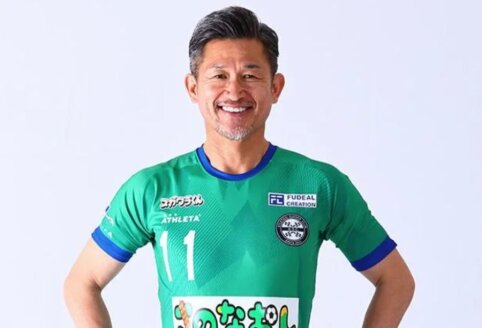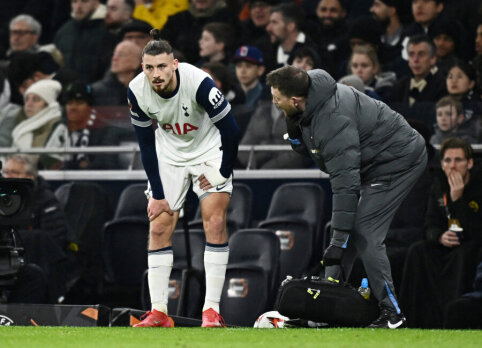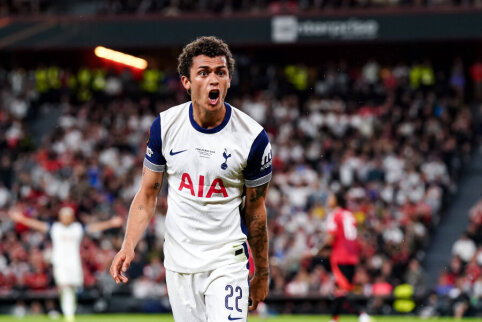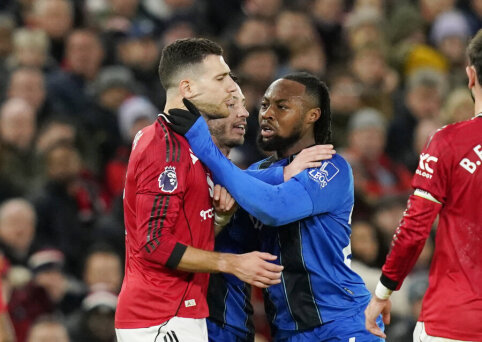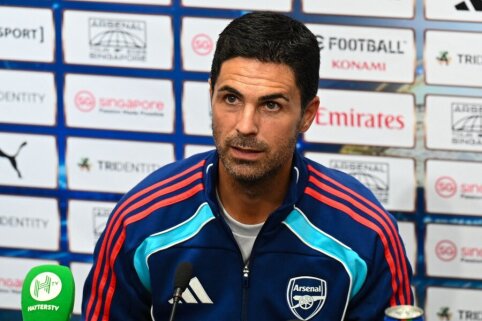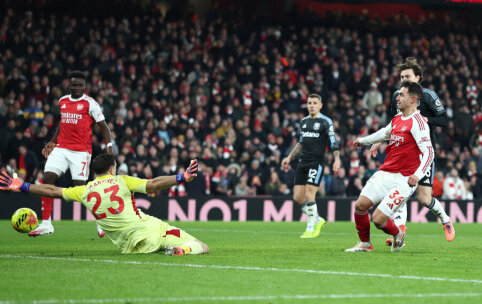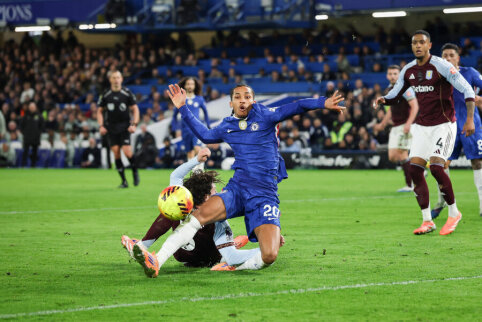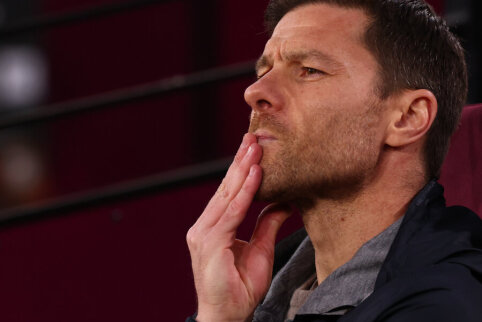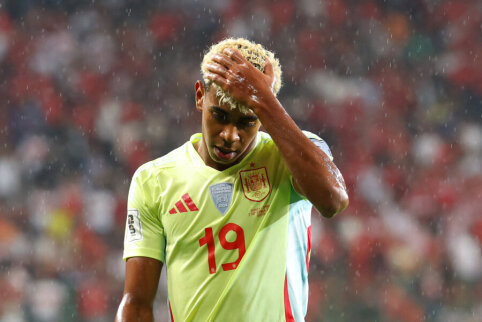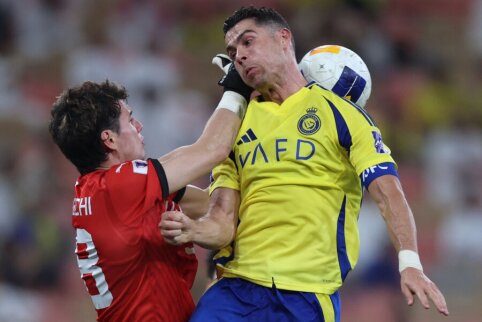
Sportsmen often shrug off concussions, but the consequences can be dire. In the USA, it is already banned to head the ball in football for children. Minutes before his death, Dave Duerson sent his family an SMS with a final request. Duerson was a long-time professional American football player, playing for the Chicago Bears and New York Giants. He later founded several fast-food restaurants but was not happy, constantly plagued by mental problems. Duerson was aware that his depression was related to head injuries he suffered while still playing professional sports. In 2011, he committed suicide at his home in Florida. He shot himself in the chest, not the head, as his head was meant to be examined. In his last SMS, he asked his family to conduct a post-mortem examination of his brain. Children under the age of 11 are banned from heading the ball A film was made about Duerson's story called "Concussion". This film prompted the US football federation to ban children under 11 from heading the ball, and children aged 11 to 13 can only do so during supervised training sessions. In Germany, there is currently a debate on the need to better protect the health of young athletes. About 120,000 concussions are treated in the country's hospitals every year. Doctors estimate that thousands more do not seek medical attention. One in ten team sports (football, ice hockey, handball, boxing) traumas is a concussion. Dave Duerson was right. A group of doctors from Boston University, examining his brain, found clear evidence that the former football player suffered from chronic encephalopathy due to multiple concussions. The consequences of such concussions from heading the ball can be severe depression (often leading to suicide), memory loss, inability to concentrate, epileptic seizures. For a person to suffer from mental problems for a long time, a severe head injury is not necessary; a blow from a ball is enough. Neurons are particularly sensitive to injuries German ice hockey player Stefan Ustorfas, who ended his sports career in 2013, cannot look at the lights, hear noise, and can only sleep for a few hours at night despite many sleep aids. He constantly feels dizzy and suffers from severe pain. And all this is only because during his sports career he experienced more than 20 blows to the head. "10-20 percent of athletes who end up in the hospital with a head injury had previously experienced at least one concussion," wrote Axel Gänsslen and Wolfgang Klein in their study on this topic, commissioned by the German Ice Hockey League. "Neurons are like long thin wires, with a cell nucleus at one end," explains US neurologist Jeffrey Bazarian. "Because of this, they are very sensitive to stretching. When the head receives a blow, the brain abruptly rotates around its axis, and at that moment the thin neurons are also abruptly stretched, causing cracks to appear in them." This explains why during a concussion, the centers responsible for spatial orientation and memory are usually affected. German national football team player Christoph Kramer, during the World Cup final, asked the referee what match was currently happening. Earlier, an opponent's team player had hit his head with his shoulder. The German Ice Hockey League issued guidelines that after any head injury, the player must immediately answer five questions, such as "Which period is it now?", "Who scored the last goal?". If the player cannot answer even one question, he must be removed from the game and handed over to the medics.
alfa.lt
